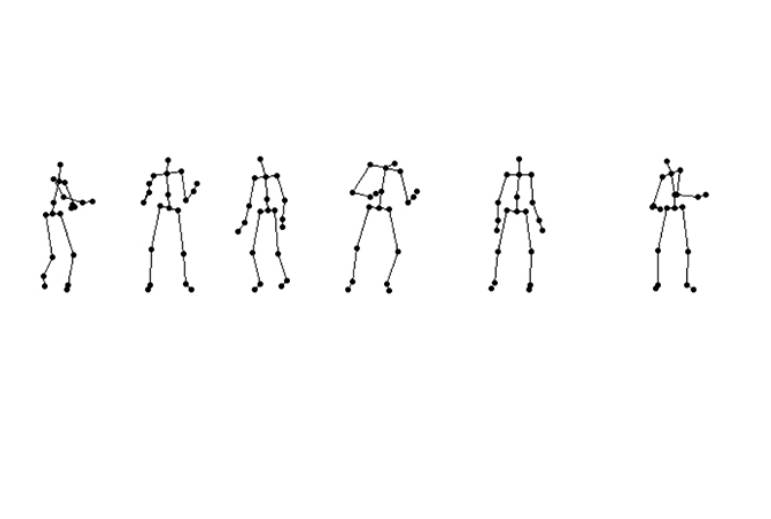IIIT-Hyd scientists create software that predicts personality, music preferences based on body movements
By Priyali Dhingra
Hyderabad: Students and professors at the Indian Institute of Information Technology (IIIT) have developed a model that, through machine learning, can predict personality by observing the way one grooves to the music. Whilst predicting one's cognitive style, the software can also suggest new music from its eight-genre database.
Developed in collaboration with the University of Jyväskylä, Finland, the model is said to have significant implications for music cognitive research. "By observing how a person moves to the music and the way they move particular joints while dancing, the model can predict one of the five personality datasets and one of the two cognitive styles," said Professor Vinoo Aloori, who leads music research at the university.
The dataset used to develop this model has been acquired from the University of Jyväskylä. The cognitive styles theory was proposed in the early 2000s where the two categories were divided as empathiser vs systemiser (EQ and SQ model).
The model is able to determine personality style by categorizing personality scores in each of the five personality sets and understanding where it ranks the highest. The Big Five model was used where personality is ranked in terms of one’s openness to experience, conscientiousness, extraversion, agreeableness, and neuroticism.
It has been accepted at the International Society for Music Information Retrieval Conference.
People who participated in the study were asked to move to music - jazz, blues, hip hop, and more. There was a camera set up to capture their movements and markers were placed on their bodies. "We attempted to figure out what joints might be important in figuring out these characteristics," the professor said.
While the study was done in a lab, the team is attempting to localise it to a mobile phone eventually allowing it to make music suggestions to people through gestures recorded on a video. "Our musical preferences are a result of specific traits, so we tried to develop a multi-modal approach of understanding them," the professor added. Dr. Alluri further said that the study may also help contribute towards autism research since most people with high-functioning autism tend to be extreme systemisers.